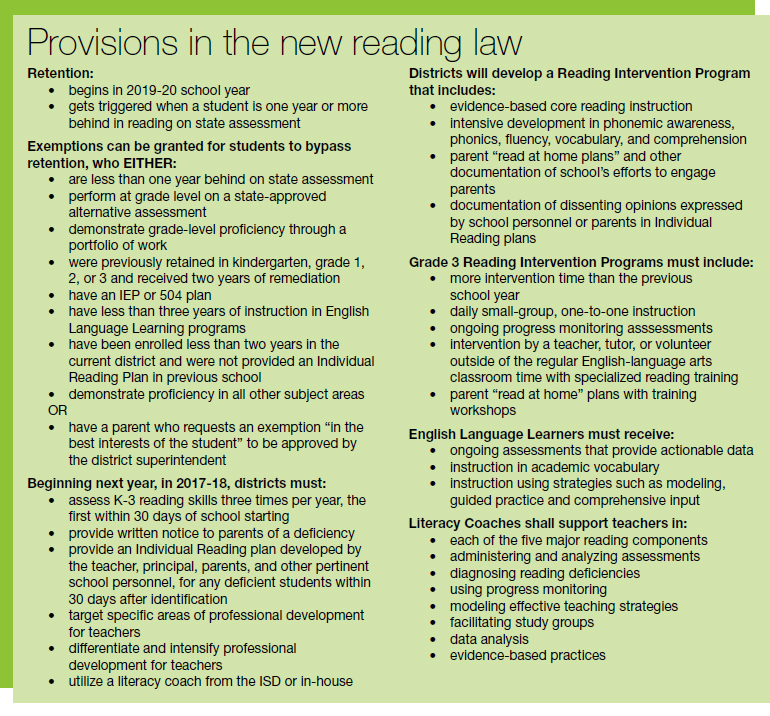Dear Miller Families,
Hoping this letter finds you and loved ones well and in good spirits!
The Miller Community gives thanks to all contributing during our Thanksgiving Canned Food Drive, together we donated 2,383 food items to needy Dearborn families. Super job Miller Community for making a difference and helping those unable to help themselves, this is who we are and what we are all about, God Bless.
A continued conflict in Yemen has created one of the world’s largest and most complex humanitarian crises. Almost 80 per cent of the population (22.2 million people) is in dire need of humanitarian assistance. Conflict has led to the internal displacement of 2 million people, left over 1 million public sector workers without pay for two years, and undermined access to ports and airports, obstructing essential humanitarian and commercial deliveries. Growing food insecurity, poor water and sanitation, and the spread of preventable diseases threaten millions more. The caseload of outbreaks of Acute Watery Diarrhea (AWD)/cholera has reached over one million. The strain on an already weakened health system has been further compounded by the diphtheria outbreak in early 2018, with over 2,200 cases, so far. In addition, 16 million people lack access to safe water. Children are the primary victims: more than 6,000 have been verified as killed or maimed since the conflict began. Almost 394,000 children under 5 currently suffer from severe acute malnutrition (SAM) and require treatment, with millions more in jeopardy. The damage and closure of schools and health facilities threaten children’s access to education and health services making them vulnerable to psychosocial distress.
In hopes of making a difference and teaching Miller students the concept of community service and giving back, Miller PTA, Staff and Students are teaming up and committed to raising funds for, “The Children of Yemen.” At the end of the fundraising campaign all monies will be donated to an NGO non-governmental organization, a non-profit, voluntary citizens’ group which is organized on a local, national or international level and earmarked specifically for the Children of Yemen.
Monetary donations being accepted in the Office, please make checks payable to Miller PTA, Service Squad will be fundraising during lunch and after school.
God Bless you and family for making a difference one child at a time.
Regards,
Miller Family
